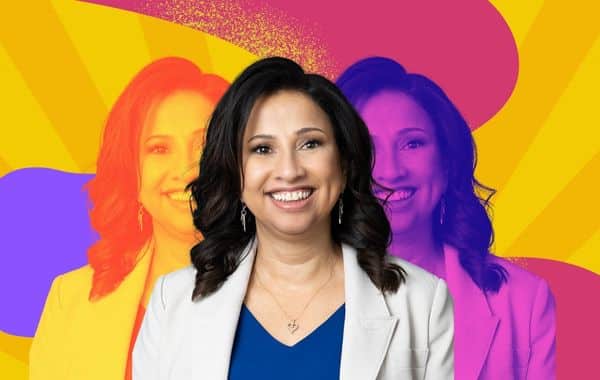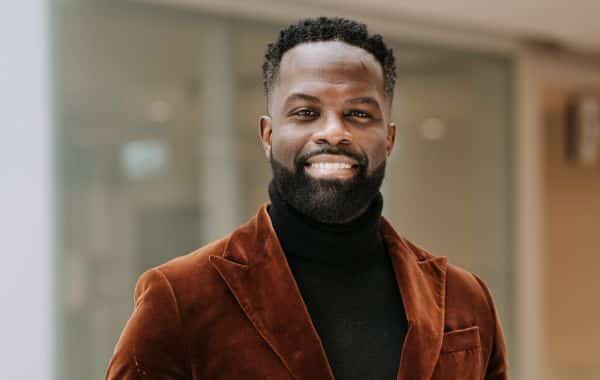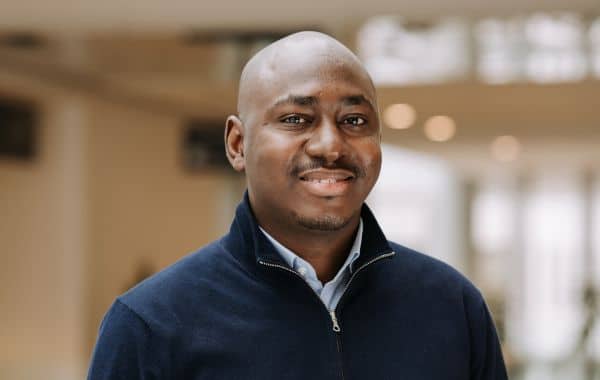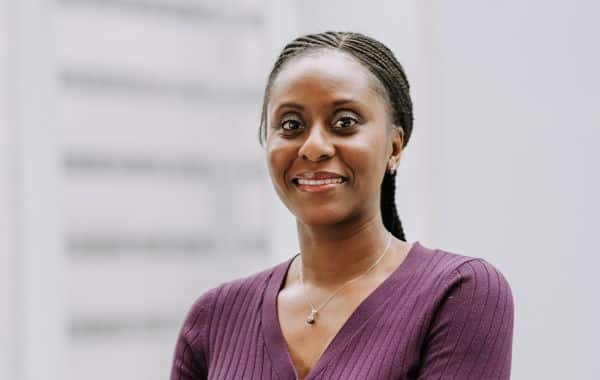In honor of Black History Month, the EMBA McGill-HEC Montreal spotlights just some of our brightest black alumni. They share their thoughts, inspiring journeys and what Black History Month means to them.

Trionne Phillips
Director, Operational Excellence
World Vision Canada
My passion is to use my talents to make a positive difference in the world. Over the years I have found the best opportunities for me to do so were in the not-for-profit sector and in international development working with the governments of Australia and Japan. I’ve had the privilege of supporting projects that included the empowerment of people living with HIV/AIDS in the Caribbean and the reduction of the stigma related to the illness; the empowerment of black youth through micro-financing and entrepreneurship initiatives in Jamaica; water and health sanitation projects in Haiti; and reforestation in Dominica and St Vincent, to name a few. In my current role as Director of Operational Excellence with World Vision Canada, I am constantly seeking ways to help bring more funds to our field projects by reducing costs, increasing operational efficiency, and exploring new opportunities to contribute to revenue generation. In my spare time, I volunteer with the Kidney Foundation of Canada as a member of the National Board of Directors.
WHAT IS YOUR PERSONAL MISSION STATEMENT?
My personal mission is what drives what I do: it is to create positive change wherever I go. One of the tangible ways in which I have achieved this is by mentoring and coaching young, black professional women in their career advancement.
The truth is this comes naturally to me as my successes are a byproduct of the persons who have supported me in my career growth; so, it’s easy to give back. My reward is to see other black women excel in their roles as I have and, in turn, do their part to contribute to the advancement of the wider community.
WHAT MAKES THIS STATEMENT SO IMPORTANT TO YOU?
Because of the light colour of my skin and the texture of my hair, people sometimes say I don’t look like what they think a black person should look like. In fact, my marriage certificate describes me as Hispanic because the person recording my ethnicity objected to the way I self-identified as it did not align with how they perceived me. That was a long time ago and things were not the same as they are today. I hadn’t yet found my voice so I accepted this. In my professional life, I have come face-to-face with not only the biases and prejudices of other professionals but also with my biases and prejudices that distort my perception of others and their intention toward me or the situation I am in. I have found these biases and prejudices to be self-limiting, so we sometimes become both the victims and perpetrators of the injustices meted out to us.
As professionals, I have found that it is not until we release our biases and prejudices that we can see things and people as they are, judging each person and situation on their own merit and not based on our past experiences or hurts.
Once, when working with an all-white team on a project, I found that I was the only one called on to arrange meetings and take notes by the senior executive in charge of the project. I was not the only woman on the team so it was not sexist, and I was not the only one who knew how to use Word and Outlook so it wasn’t a skillset issue. Then the executive also started crediting another manager for my work. I was perturbed as I felt discriminated against. So, I called out the executive on this. It turns out that they were not aware of what they were doing, and they were not aware of my role in the work that I had done. They apologized for the oversight and immediately shifted their approach toward me. Later, they became one of my strongest advocates and were instrumental in my getting promoted. Had I allowed my perceptions of the executive’s intentions to keep me silent, they may not have known how their actions affected me and I would not have come to know them for the wonderful person that they are. This is what positive change looks like to me.
WHAT SORT OF OBSTACLES HAVE YOU FACED?
The obstacles that I have faced, both personally and professionally, are similar to those of any other black woman: systemic racism, competence challenge where you have to prove yourself and expertise, stereotypes where you voice your opinion and are perceived as an angry black woman because of it, as well as the burden of representing the aspirations of all black women when you move into a role that previously excluded blacks.
My response to each challenge is to understand the true source of the challenge, manage my response to it and see how to turn it around for good. Sometimes this means acknowledging that the positive change I seek is not going to happen today.
Still, like the black icons that preceded me, I keep moving forward, overcoming the challenges as they arise and remaining hopeful that success will come.
WHAT DOES BLACK HISTORY MONTH MEAN TO YOU?
For me, Black History Month is a time to reflect on the successes of renowned people of colour who have gone before me, such as my fellow McGill alumna, Anne Clara Cools, the first black woman senator in North America and a pioneer against domestic violence, and Dr. Clement Ligoure who came to Canada from my native country, Trinidad, and is credited with treating hundreds of injured survivors in the aftermath of the Halifax Explosion at his hospital in the early 1900s. It is also a time for me to celebrate the successes of other black Canadians who are making history right now and who will be celebrated in black history months to come. For me, Black History Month is not just about acknowledging our challenges and advocating for change (which are important), but it is also a time to acknowledge our successes and consider how we can engender even more success in the generations to come.



